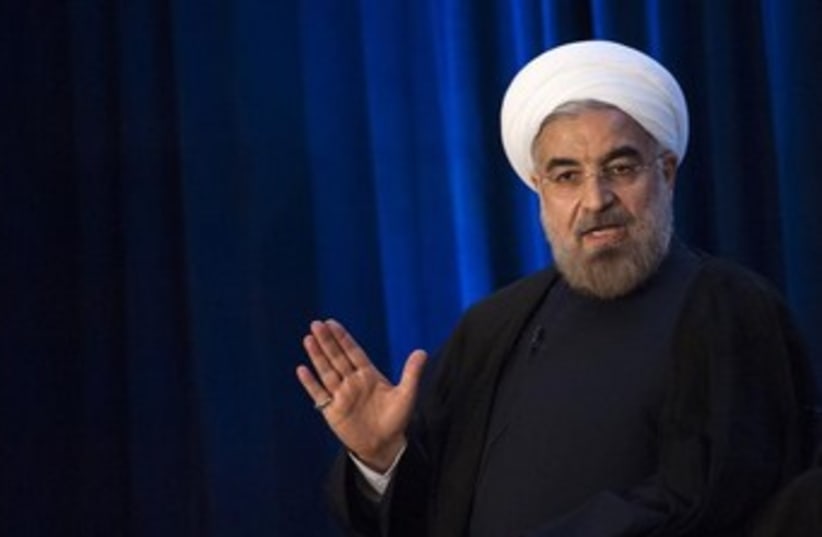Person of the year in Israeli crime: The Felician family
'Person' of the year in energy and environment: A girl named Tamar
Person of the year in the Syrian crisis: Israeli health care professional
Person of the Year in US Mideast Policy: Susan Rice
Person of the year in Israeli sports: Yarden Gerbi
